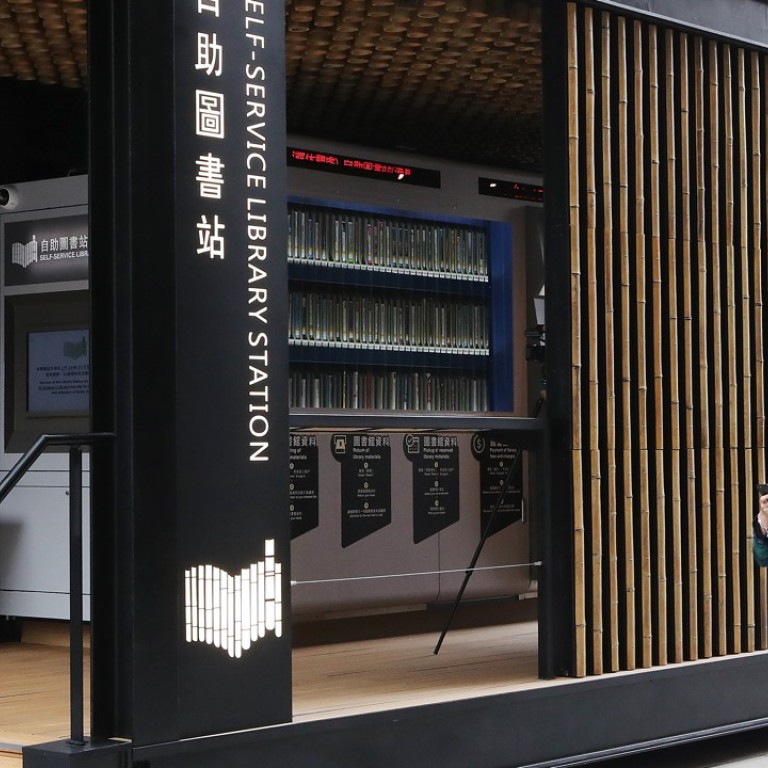
For Hong Kong children, reading culture has to begin at home
Undeniably, with the advancement of technology and easy internet access, reading may have taken a back seat to online activities. I believe that access to books at home, in school and in the community, coupled with capitalising on technology, can reignite the passion for reading among youngsters.
Parents may place books around the house and even in the washrooms. Bedtime reading with kids may seem like a luxury for busy parents, but doing so not only develops literacy levels, but also strengthens the parent-child bond. With books placed at their bedside, children can look forward to nightly adventures.
At school, self-service “street libraries” could be set up on different floors and around campus to make books more accessible to students. These libraries could be given unique, creative names so that students can recall their locations with greater ease. If pupils have easy access to books at school, they will be more likely to borrow them. Assigning roles of “reading ambassadors” would also help to foster a reading culture.
In the community, youngsters should be encouraged to make good use of the new vending machine-style book station at Sai Wan Ho. They should also join the Reading Programme for Children and Youth organised by Hong Kong Public Libraries, as avid readers can win prizes and awards under the scheme. Motivation of this kind can surely boost interest in reading.
Technology does not have be an enemy to reading; it can promote the culture if used appropriately.
A number of newspaper apps are available for download on the internet. Once they are installed on children’s phones, they will be more likely to peruse news and current affairs.
Also, e-books might completely replace paperbacks in the future and, for tech-savvy millennials, e-books might hold more appeal because to their accompanying features. Let them jump on the e-book bandwagon all they want, if it gets them reading.
Jason Tang, Tin Shui Wai

